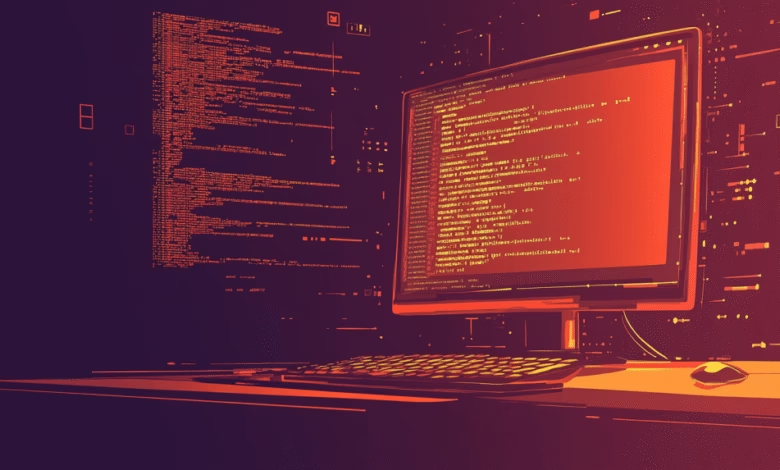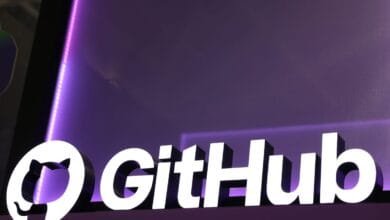Anthropic Empowers Claude Users as No-Code App Developers

▼ Summary
– Anthropic is evolving its Claude AI assistant into a platform for creating interactive, shareable applications without coding, moving beyond chatbots to functional tools.
– Over 500 million AI-generated “artifacts” (like games and data tools) have been created by users, now enhanced with real-time adaptive capabilities.
– The platform competes with OpenAI’s Canvas but focuses more on shareable applications, offering free access to attract users who may upgrade later.
– Content moderation is a priority, with safeguards during creation, curated galleries, and policies to prevent misuse of user-generated AI apps.
– The rise of no-code AI tools is creating “citizen developers,” but professional coders remain essential for complex systems and security governance.
Anthropic is revolutionizing how people interact with AI by turning its Claude assistant into a powerful no-code app development platform. The company’s latest update enables users to create interactive, shareable applications without any programming knowledge, marking a major leap from simple chatbot interactions to fully functional software tools.
Since introducing the feature, millions have already generated over 500 million “artifacts”—ranging from educational tools to data analyzers—showcasing the platform’s versatility. Now, Anthropic is embedding Claude’s intelligence directly into these creations, allowing them to process inputs and adapt dynamically without requiring continuous conversation.
This shift places Claude in direct competition with OpenAI’s Canvas, though Anthropic’s focus on shareable applications sets it apart. While OpenAI emphasizes conversational AI, Claude’s artifacts transform AI-generated content into standalone tools, eliminating the tedious copy-paste workflow that plagues traditional AI interactions.
Early adopters are already crafting innovative solutions, including adaptive learning tutors, interactive storytelling games, and spreadsheet analyzers that respond to plain-language queries. The platform’s freemium model ensures accessibility, with free users able to create and share artifacts while Pro and Team subscribers enjoy expanded capabilities.
Content moderation remains a priority as the platform scales. Anthropic employs real-time safeguards, manual curation, and strict policy enforcement to prevent misuse. The company’s multi-layered safety approach, including pre-deployment testing and rapid response protocols, aims to maintain trust as user-generated applications proliferate.
The rise of no-code AI tools is reshaping software development, with Gartner predicting that 70% of new applications will use low-code or no-code solutions by 2025. While some fear these tools could threaten traditional coding jobs, experts argue they complement rather than replace professional developers, enabling rapid prototyping while leaving complex system architecture to skilled engineers.
Anthropic’s strategy reflects a broader industry trend—AI companies are no longer competing solely on model performance but on ecosystem features that drive engagement and retention. By empowering users to build and share functional applications, Claude is positioning itself as more than just a chatbot—it’s becoming a gateway to AI-powered innovation.
The update is now live across all tiers, accessible via web and mobile, with full functionality optimized for desktop use. As AI continues to evolve, the line between prompting and programming may blur, but one thing is clear: the future belongs to those who can harness AI’s potential—whether through code or conversation.
(Source: VentureBeat)





